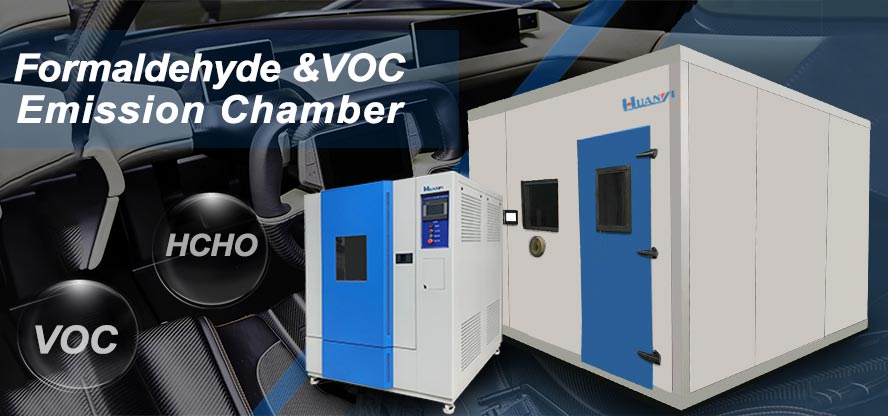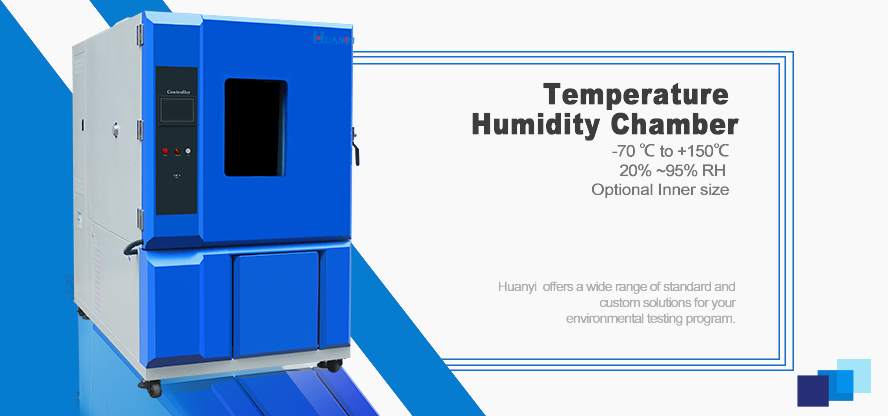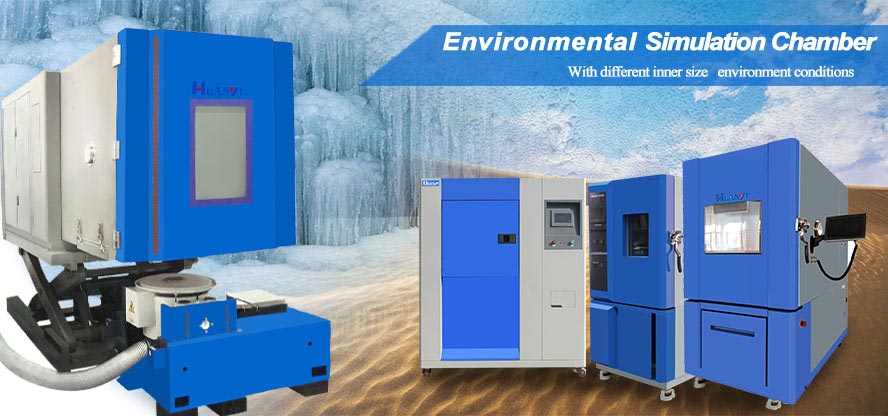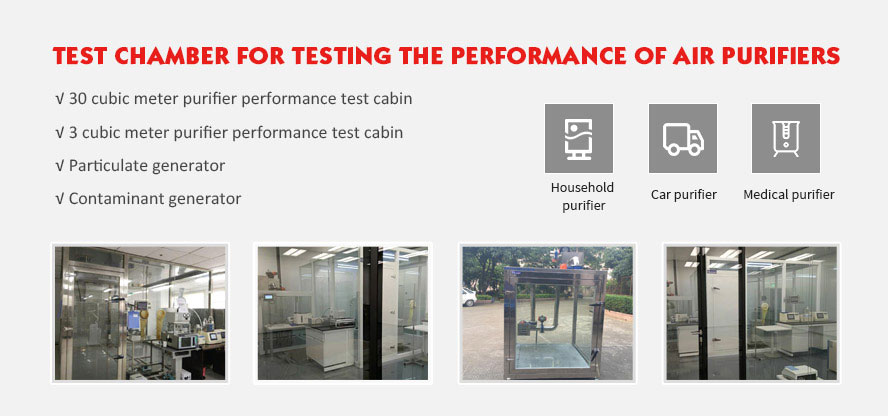Do you know which products are not allowed to be tested in the thermal shock test chamber?
When the thermal shock test chamber is used, there will be an environment with sudden changes in cold and heat. Such an environment will easily lead to drastic changes in the product. For safety reasons, some products cannot be put into the test chamber for use. Then the thermal shock test chamber Which types of products are not allowed to test?
1. Explosives:
In a high temperature environment, explosives are easy to explode, so they contain nitroglycerin, nitroglycerin, trinitrobenzene, trinitrotoluene, etc., various explosive nitrates and explosive nitro compounds. Testing is strictly prohibited. In addition, some organic oxides such as peracetic acid and benzoyl peroxide cannot be detected.
2. Combustibles:
Some flammable substances cannot be tested because they will spontaneously ignite in a high temperature environment, causing fire hazards. Therefore, natural substances such as lithium, potassium, sodium, phosphorus and other active metals are prohibited from testing, and some such as phosphide lime, magnesium powder, aluminum powder and various combustible oxide properties are strictly prohibited.
3. Flammables:
Such as containing kerosene, gasoline, turpentine, isoamyl alcohol, acid vinegar and other substances whose ignition point is above 30 ℃ and below 65 ℃. Ordinary ethane, ethylene oxide, acetone, benzene, methyl ethyl ketone and other substances whose ignition point is above -30℃ but less than 0℃. Diethyl ether, gasoline, acetaldehyde, propylene oxide, carbon disulfide and other substances whose ignition point is less than -30℃, products containing the above substances are strictly forbidden to be tested.









